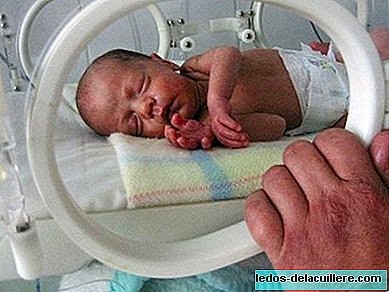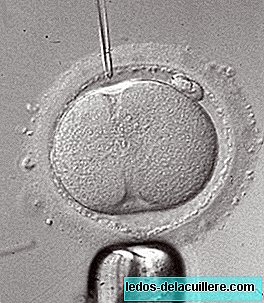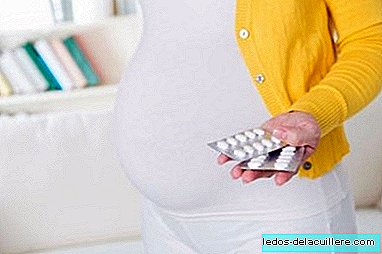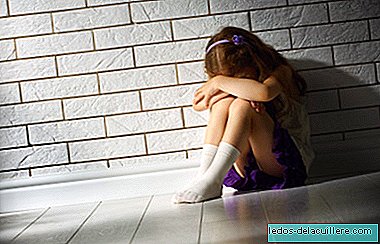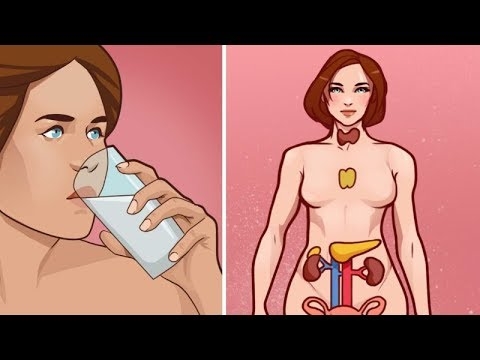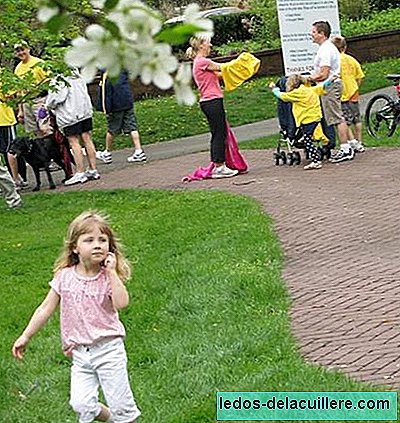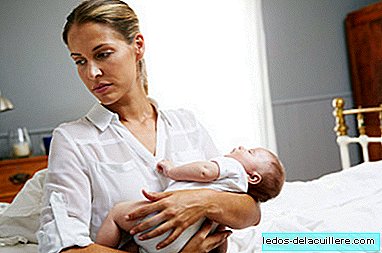
The Hospital Clinic of Barcelona opened last March the Mother-Baby Day Hospital, for mothers with mental disorders who have just had a child. This center, a pioneer in Spain, aims to provide the mother with a therapeutic and comfortable space where she can receive assistance, care, care and support to improve her mental illness.
According to the studies, one in four pregnant women could suffer a mental ailment and 10 percent are at risk of postpartum depression. In these cases, the emotional and physical help of the environment, as well as the treatment and professional support are essential.
A pioneering project in our country
The Mother-Baby Day Hospital, recently opened in Barcelona, is a pioneering project in our country. It is part of the Perinatal Mental Health Unit of the Hospital Clínic, which since 2000 has had a specific program of perinatal psychiatry and psychology.
The main objective of this center is offer support and assistance to women with mental disorders who have become mothers or that their babies have less than 12 months, in addition to providing a comfortable and cozy space for mother and baby to continue strengthening the bond, which can be put at risk when such disorders arise.
 Photo via Blog.hospitalclinic.org
Photo via Blog.hospitalclinic.org Among the patients treated in this center would be women with mental pathology prior to pregnancy (such as anxiety, schizophrenia, bipolarity ...) or those suffering from postpartum depression, puerperal psychosis and other mental pathologies with impaired bond.
What attention do mothers receive in this center?
Patients who arrive at Mother-Baby Day Hospital may come from the Mental Health Unit of the Clinic Hospital or from their health centers. There they will receive an individualized care plan that can last approximately three months, and that will consist of:
Prevention, detection and intervention measures before serious mental disorders, both during pregnancy and after childbirth and during the first 12 months of the child's life. When treating mothers, both psychological therapies and psychopharmacological treatments compatible with breastfeeding will be used.
Diagnostic and evaluation tests to identify the Babies at risk and early signs of neurodevelopmental disorders.
Accompaniment to mothers, supervision and / or assistance to help them take care of their children, favoring the link between the two through activities or individual aids related to breastfeeding and baby care (infant massage, hygiene, sleep habits, nutrition ...).
 Photo via Blog.hospitalclinic.org
Photo via Blog.hospitalclinic.org The main objective of the center is treat the mother without having to separate from her child. This is explained by Dr. Llüisa García-Esteve, coordinator of the Perinatal Mental Health Unit of the Hospital Clinic:
"It is proven that mental pathology directly impacts on the development, mother's link with her baby, nutrition and parenting. Therefore, our focus would be to treat mother and baby together, helping to recover the mother, improving her psychopathology and strengthening the bond with his son "
This Day Hospital has 10 places for mothers and 10-12 places for babies, which would mean that about 60 women and their children could be cared for each year, in programs lasting approximately three months.
Postpartum depression and other mental disorders
Mental health disorders can appear at any stage of life, but postpartum is a particularly vulnerable and riskier moment. Likewise, we must pay attention to women with previous mental disorders, with frequent episodes of anxiety or depression crisis, social or family problems, low self-esteem, complicated childbirth ... since these cases may be more likely to end in depression.

It's normal for the recent mom to feel at some point overwhelmed by the situation, tired or even sad. This is what is known as mild postpartum depression or postnatal dysphoria, and usually occurs between the first days / weeks after delivery. But with the support of the couple and the environment, as time goes by and the mother adapts to the changes and her new role, everything returns to being as before.
However, there are two situations that can seriously affect the mother and even sometimes, and therefore, also to the baby and they are postpartum depression and postpartum psychosis.
In Spain it is considered that between 10% and 15% of women suffer from postpartum depression (Although there are studies that indicate that the rate could reach 20% or 25%, but according to a study carried out in this regard by the Suavinex brand, only 17% of these women request or receive help.
Before a postpartum depression is fundamental put in the hands of professionals as soon as the first warning signs appear, as well as having support and support from the environment, both emotional and physical. Postpartum depression is a very serious problem, which must be made visible and not hidden, because unfortunately, in some cases the consequences can be devastating.
An extreme case of postpartum depression It is what is known as postpartum psychosis, which is characterized by hallucinations, attempts to self-harm or harm the baby, state of confusion, language and / or disorganized behavior, extreme changes in mood and motor alterations. In this case, again professional help and even the administration of psychotropic drugs is essential.
Hopefully this pioneer project extends to other autonomous communities and hospitals, and mothers with mental disorders can have a center where they can go with their babies to be treated and accompanied in a professional way, on the path of motherhood.
Via Blog Hospital Clinic Barcelona
In Babies and More Postpartum Depression



